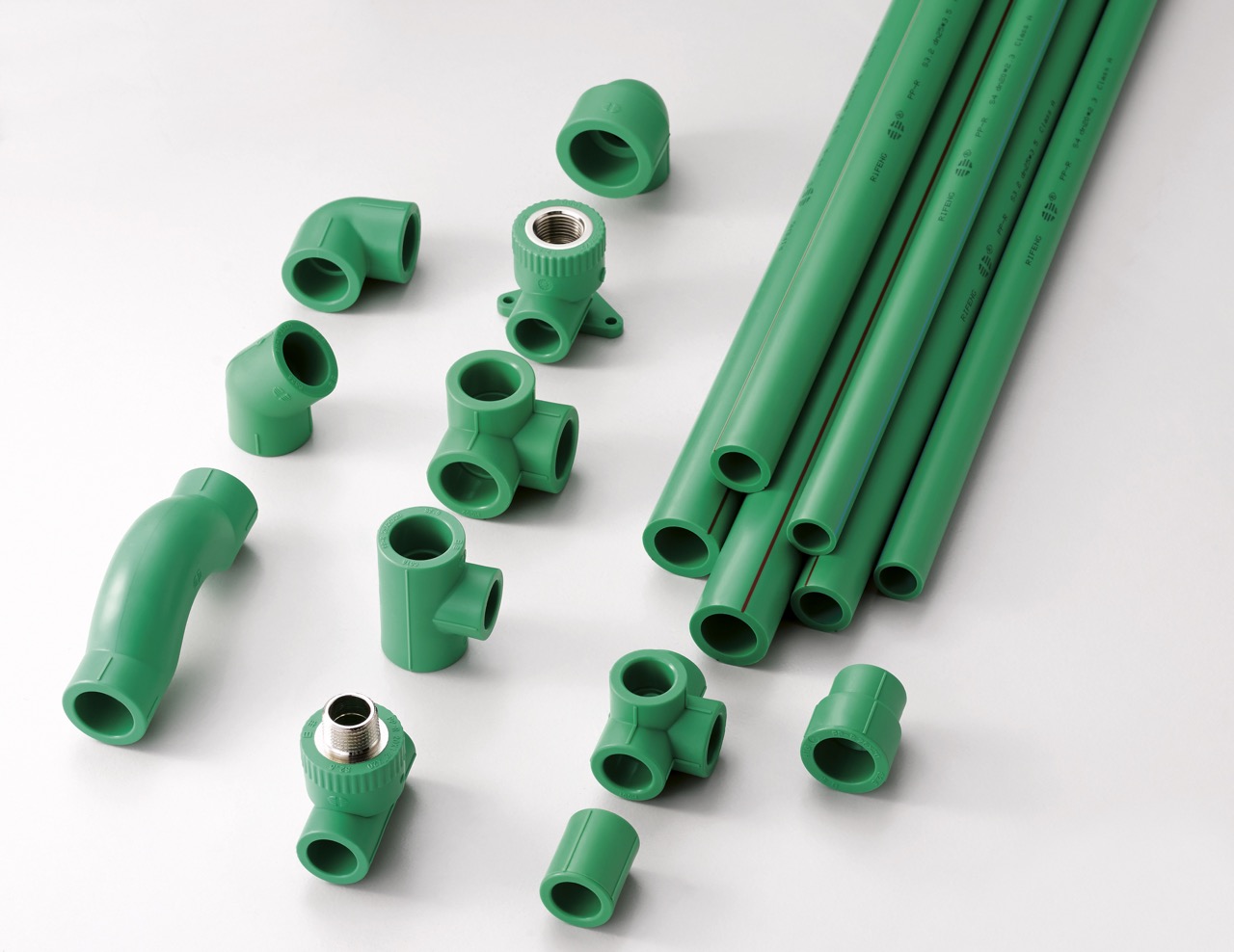

Articles
Which Plumbing Pipe Is The Best
Modified: October 19, 2024
Discover the best plumbing pipe options for your home renovation or repair project. Read our informative articles on different types of pipes for plumbing systems.
(Many of the links in this article redirect to a specific reviewed product. Your purchase of these products through affiliate links helps to generate commission for Storables.com, at no extra cost. Learn more)
Introduction
When it comes to plumbing, choosing the right pipe material is crucial. The type of pipe you use can directly impact the durability, longevity, and performance of your plumbing system. With so many options available, it can be overwhelming to determine which pipe material is the best fit for your needs. In this article, we will explore and compare some of the most commonly used plumbing pipe materials, including copper pipes, PVC pipes, PEX pipes, galvanized steel pipes, and cast iron pipes.
Each pipe material has its own unique characteristics, advantages, and disadvantages. By understanding the pros and cons of each option, you will be better equipped to make an informed decision when selecting the right plumbing pipe for your project.
So, let’s dive into the details of each of these pipe materials and discover which one might be the best choice for your plumbing needs.
Key Takeaways:
- Copper pipes offer durability, corrosion resistance, and antimicrobial properties, making them ideal for water supply lines. However, their higher cost and specialized installation techniques should be considered before making a decision.
- When choosing the best plumbing pipe material, consider factors such as corrosion resistance, temperature tolerance, installation requirements, and long-term maintenance. Consulting with a plumbing professional can provide valuable insights for your specific needs.
Read more: How To Clean Plumbing Pipes
Copper Pipes
Copper pipes have been widely used in plumbing for many years and are known for their durability and reliability. One of the main advantages of copper pipes is their resistance to corrosion. This reduces the risk of leaks and ensures a long lifespan for your plumbing system.
In addition to being corrosion-resistant, copper pipes are also heat-resistant. This makes them an excellent choice for both hot and cold water applications. Copper pipes can withstand high temperatures without warping or degrading, which is important for maintaining the integrity of your plumbing system.
Another benefit of copper pipes is their ability to inhibit bacterial growth. Copper has been shown to have antimicrobial properties, which can help prevent the growth of bacteria that can cause plumbing-related illnesses. This makes copper pipes a hygienic option for your plumbing needs.
While copper pipes offer many advantages, they can be more expensive compared to other pipe materials. Additionally, copper is a valuable material and may be prone to theft in certain areas.
In terms of installation, copper pipes require soldering or brazing to connect the sections together. This requires skill and specialized equipment, making the installation process more labor-intensive compared to other pipe materials.
Overall, copper pipes are a solid choice for plumbing applications where durability, corrosion resistance, and heat resistance are essential. They are commonly used in residential and commercial buildings for water supply lines, but their higher cost and installation complexity should be considered before making a decision.
PVC Pipes
PVC pipes, short for Polyvinyl Chloride pipes, are widely used in plumbing due to their affordability and versatility. PVC pipes are made from a synthetic plastic material that is durable, lightweight, and resistant to corrosion.
One of the main advantages of PVC pipes is their cost-effectiveness. PVC pipes are relatively inexpensive compared to other pipe materials such as copper or galvanized steel. This makes them a popular choice for both residential and commercial plumbing projects, especially for those on a tight budget.
In addition to being affordable, PVC pipes are also easy to work with and install. They can be cut easily using simple tools and connected using various fittings and adhesive solvents. This makes PVC pipes a convenient option for do-it-yourself plumbers or those looking to complete a plumbing project quickly.
PVC pipes are also resistant to chemical erosion, making them suitable for transporting a wide range of fluids. They are commonly used for wastewater systems, irrigation, and underground piping due to their durability and resistance to environmental factors.
However, PVC pipes have some limitations. They are not suitable for hot water applications as they can become soft and deform under high temperatures. Additionally, PVC pipes are not as sturdy as other pipe materials and may not be ideal for high-pressure systems or environments where impact resistance is crucial.
Another consideration with PVC pipes is their impact on the environment. While PVC pipes have a long lifespan and can be recycled, they are made from non-biodegradable materials and can release harmful chemicals when burned. It is important to consider the environmental implications when choosing PVC pipes for your plumbing needs.
In summary, PVC pipes are a cost-effective and versatile option for plumbing applications. They are easy to install, resistant to corrosion, and suitable for a wide range of fluid transportation. However, their limitations in terms of temperature resistance and impact resistance should be taken into account when deciding whether PVC pipes are the best choice for your plumbing project.
PEX Pipes
PEX pipes, also known as cross-linked polyethylene pipes, have gained popularity in recent years for their flexibility, durability, and ease of installation. PEX pipes are made from a flexible plastic material that can bend and flex without the need for additional fittings or joints.
One of the main advantages of PEX pipes is their ability to resist freezing and bursting. The flexible nature of PEX allows the pipes to expand and contract with temperature changes, reducing the risk of pipe damage during cold weather. This makes PEX pipes an excellent choice for regions with extreme temperatures.
In addition to their freeze-resistant properties, PEX pipes are also resistant to corrosion and scale buildup. This makes them a long-lasting option for plumbing systems, reducing the need for frequent maintenance or replacement.
PEX pipes are also known for their ease of installation. They can be easily cut to the desired length and connected using compression fittings or crimp rings. The flexibility of PEX pipes eliminates the need for elbow joints and reduces the risk of leaks or weak points in the plumbing system.
Another advantage of PEX pipes is their ability to maintain water temperature. PEX has a low thermal conductivity, which means it helps to preserve the temperature of the water flowing through the pipes. This can result in energy savings and a more efficient plumbing system.
However, it is important to note that PEX pipes are not suitable for outdoor use or exposure to UV light. They can degrade when exposed to sunlight, so they should be protected or used in indoor plumbing applications only.
Additionally, PEX pipes may not be compatible with certain chemical substances. It is essential to check the manufacturer’s guidelines and ensure that the PEX pipes are suitable for the specific liquids or chemicals being transported.
In summary, PEX pipes offer flexibility, durability, and ease of installation. They are an excellent choice for residential plumbing systems, particularly in areas prone to freezing temperatures. However, their limitations in terms of UV resistance and chemical compatibility should be considered when determining whether PEX pipes are the best fit for your plumbing needs.
Copper pipes are often considered the best choice for plumbing due to their durability, resistance to corrosion, and ability to handle high water pressure. They are also environmentally friendly and can be recycled.
Galvanized Steel Pipes
Galvanized steel pipes have been used in plumbing for many years and are known for their strength and durability. These pipes are made from steel that has been coated with a layer of zinc to protect against corrosion.
One of the main advantages of galvanized steel pipes is their resistance to rust and corrosion. The zinc coating acts as a barrier and prevents the steel from coming into direct contact with water or other corrosive substances. This makes galvanized steel pipes ideal for outdoor or underground plumbing applications where exposure to moisture is a concern.
Galvanized steel pipes are also known for their sturdiness and ability to withstand high pressure. They can handle heavy-duty applications and are commonly used in industrial settings, as well as for water supply lines in residential and commercial buildings.
In terms of installation, galvanized steel pipes require threading to connect the sections together. This threading process allows for a secure and tight connection between the pipes, reducing the risk of leaks or bursts. However, the threading process can be time-consuming and may require professional assistance or specialized tools.
While galvanized steel pipes have many advantages, there are some considerations to keep in mind. Over time, the zinc coating on galvanized steel pipes can corrode, leading to a buildup of mineral deposits and reduced water flow. Additionally, the presence of zinc in the pipes can affect the taste and odor of the water, especially if the pipes are used for potable water supply.
Another drawback of galvanized steel pipes is their weight and cost. These pipes tend to be heavier than other pipe materials, which can make installation more challenging. Additionally, galvanized steel pipes can be more expensive compared to materials like PVC or PEX.
In summary, galvanized steel pipes are a durable and reliable option for plumbing systems, especially for outdoor or underground applications. They offer excellent corrosion resistance and can handle high-pressure environments. However, their potential for mineral buildup, water taste and odor issues, as well as their weight and cost, should be considered when evaluating whether galvanized steel pipes are the right choice for your plumbing needs.
Read more: How To Replace Plumbing Pipes
Cast Iron Pipes
Cast iron pipes have been used in plumbing for centuries and are known for their strength and longevity. These pipes are made from molten iron that is poured into molds and then cooled and solidified.
One of the main advantages of cast iron pipes is their durability. They have a thick and robust construction that can withstand high pressure and resist damage from external forces. Cast iron pipes have been used in plumbing systems for many years, particularly for sewer and drainage applications.
Cast iron pipes are also known for their excellent sound insulation properties. The dense material helps to muffle noise and prevent the transmission of water flow sounds. This makes them a popular choice for buildings where noise reduction is a priority.
In addition to their durability and sound insulation, cast iron pipes have excellent fire resistance. They can withstand high temperatures without warping or melting, making them a safe option for plumbing systems in buildings where fire safety is a concern.
However, there are some considerations to keep in mind when working with cast iron pipes. One of the main drawbacks is their weight. Cast iron pipes are heavy, which can make installation challenging and may require additional support structures. The weight of these pipes can also increase transportation and handling costs.
Another consideration is the potential for corrosion. Over time, cast iron pipes can develop rust and corrosion on the inside, which can lead to reduced water flow and even pipe failure in severe cases. Regular maintenance and proper protective coatings can help extend the lifespan of these pipes.
Furthermore, cast iron pipes can be more expensive compared to other pipe materials, such as PVC or PEX. The higher cost is due to the manufacturing process and the heavy-duty nature of cast iron pipes.
In summary, cast iron pipes offer exceptional durability, sound insulation, and fire resistance. They are commonly used in sewer and drainage systems and are known for their long lifespan. However, their weight, potential for corrosion, and higher cost should be taken into consideration when assessing whether cast iron pipes are the right choice for your plumbing needs.
Conclusion
Choosing the right plumbing pipe material is essential to ensure the longevity, performance, and reliability of your plumbing system. Each pipe material has its own set of advantages and considerations, and understanding these can help you make an informed decision.
Copper pipes offer durability, corrosion resistance, and antimicrobial properties. They are commonly used for water supply lines but come at a higher cost and require specialized installation techniques.
PVC pipes provide affordability, versatility, and ease of installation. They are ideal for budget-friendly projects and are resistant to chemical erosion. However, they are not suitable for hot water applications or exposure to UV light.
PEX pipes are praised for their flexibility, freeze resistance, and ease of installation. They can withstand temperature changes, reducing the risk of pipe damage and are a great choice for regions with extreme climates. However, PEX pipes may not be suitable for outdoor use or exposure to certain chemicals.
Galvanized steel pipes offer strength, durability, and resistance to rust. They are commonly used for outdoor and underground applications but may be prone to mineral buildup and can affect the taste and odor of water.
Cast iron pipes provide durability, sound insulation, and fire resistance. They are known for their long lifespan but are heavy, prone to corrosion, and can be more expensive compared to other materials.
Ultimately, the best plumbing pipe material for your project will depend on your specific needs, budget, and preferences. It is important to assess factors such as corrosion resistance, temperature tolerance, installation requirements, and long-term maintenance when making your decision.
Consulting with a plumbing professional can also provide valuable insights and guidance to ensure that you choose the most suitable pipe material for your plumbing system.
By carefully considering the pros and cons of each pipe material, you can make an informed choice that will result in a well-functioning and durable plumbing system for your home or building.
Frequently Asked Questions about Which Plumbing Pipe Is The Best
Was this page helpful?
At Storables.com, we guarantee accurate and reliable information. Our content, validated by Expert Board Contributors, is crafted following stringent Editorial Policies. We're committed to providing you with well-researched, expert-backed insights for all your informational needs.
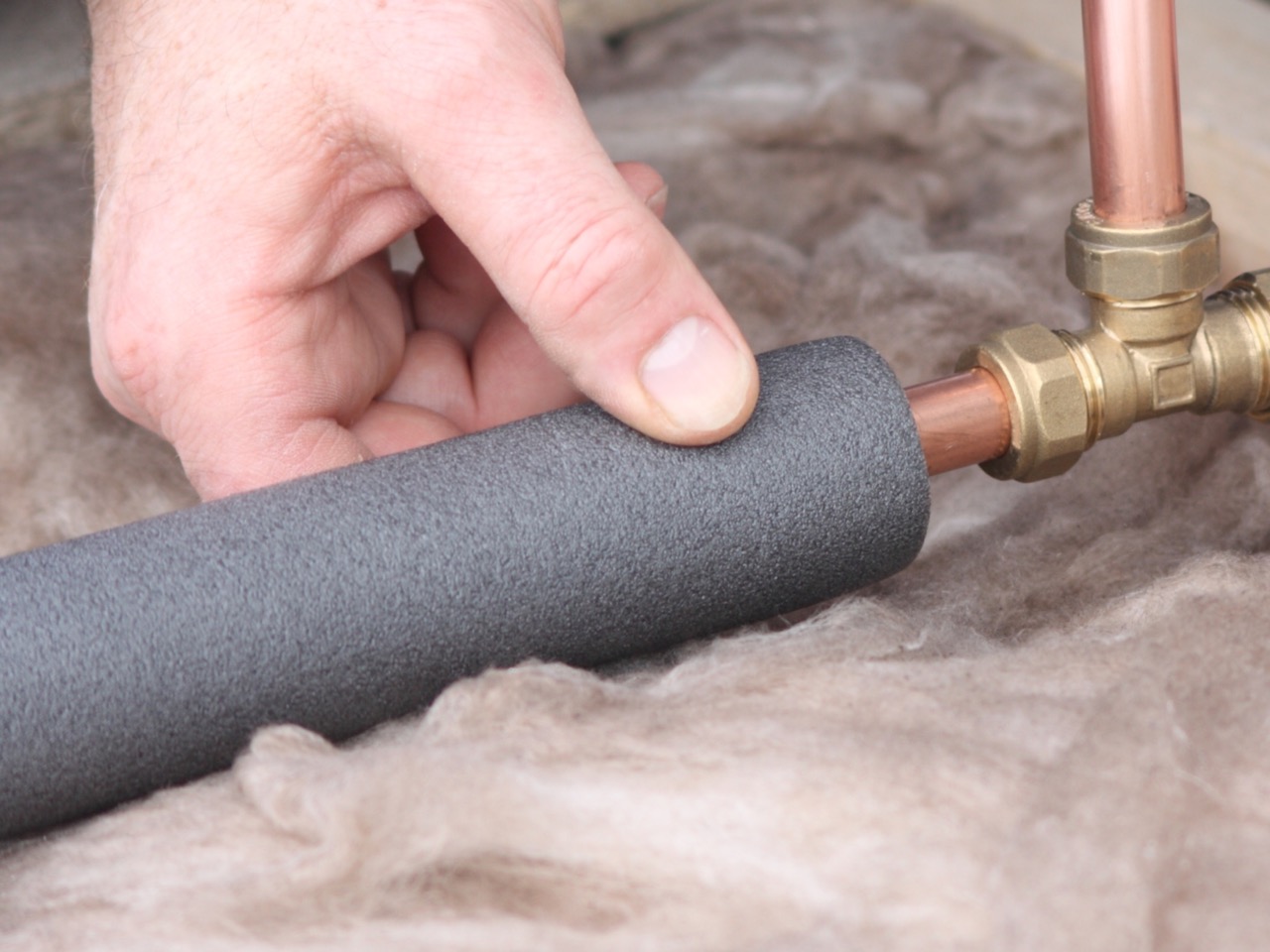
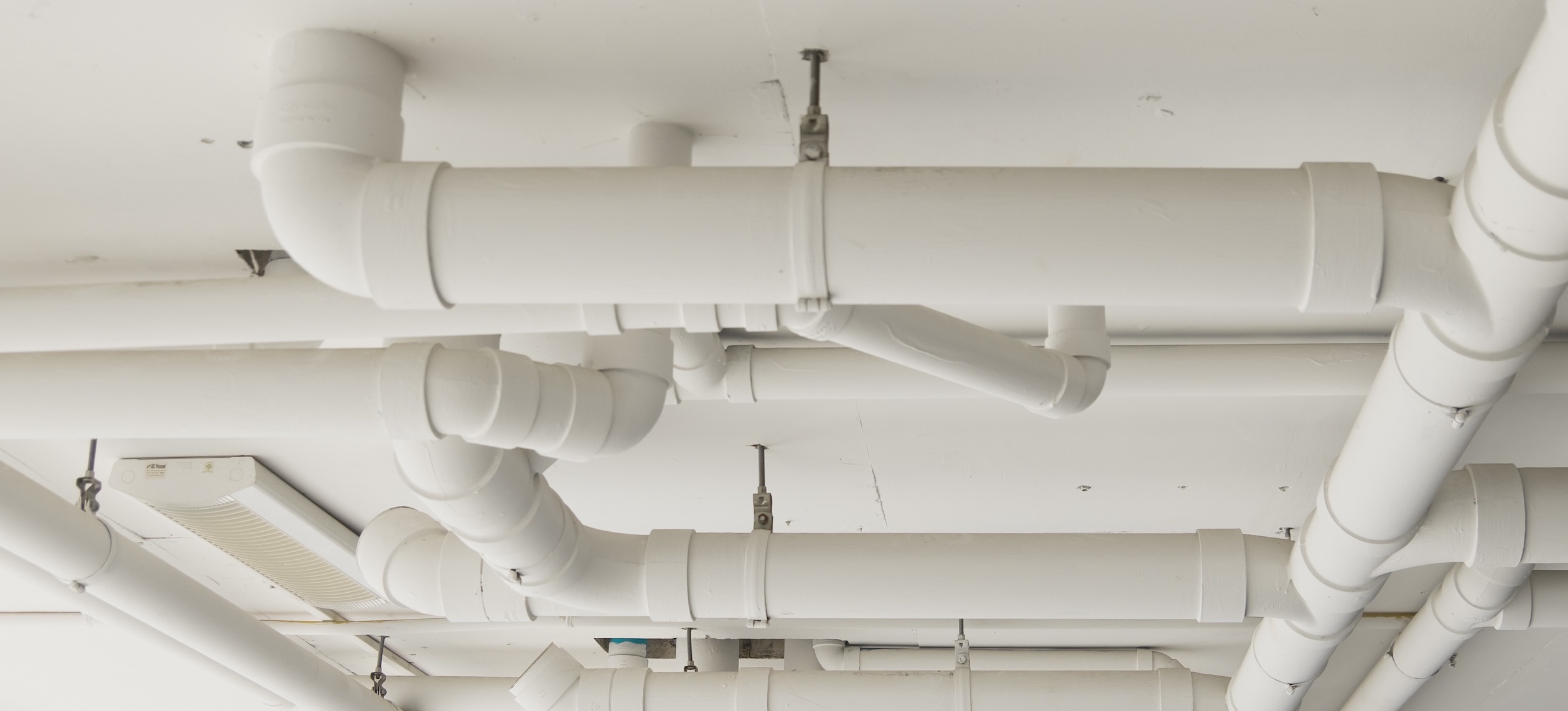
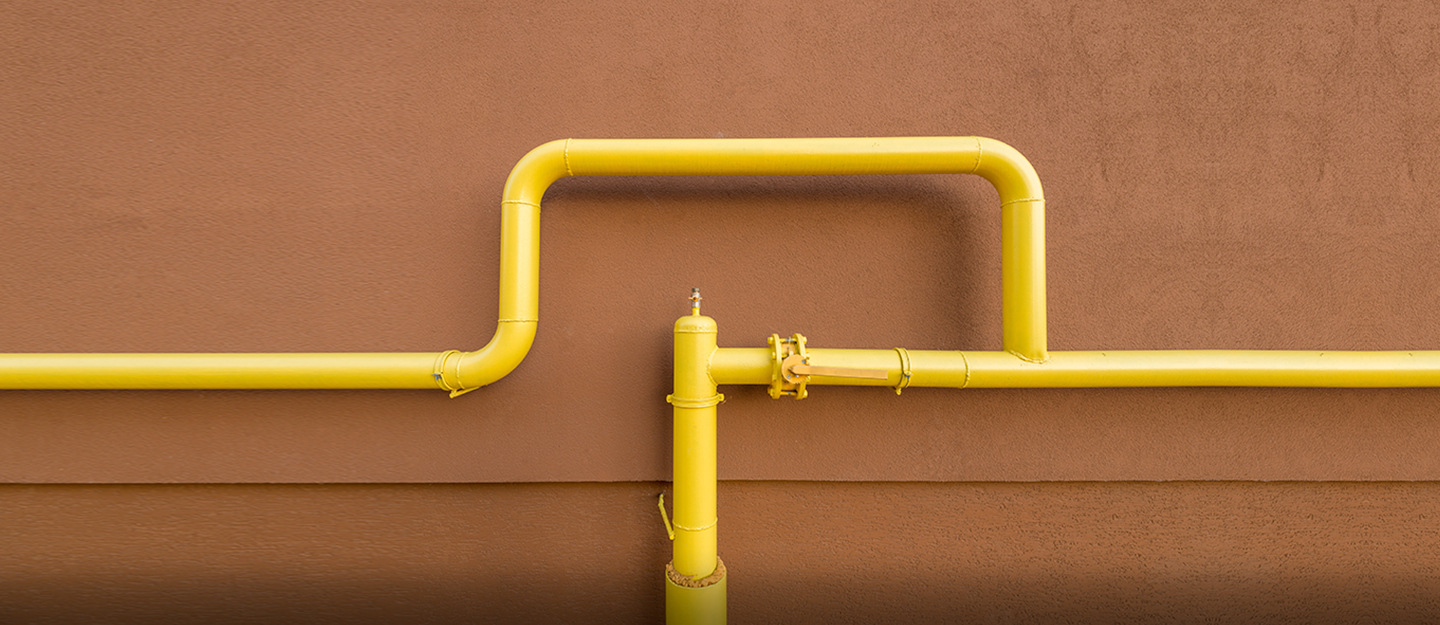
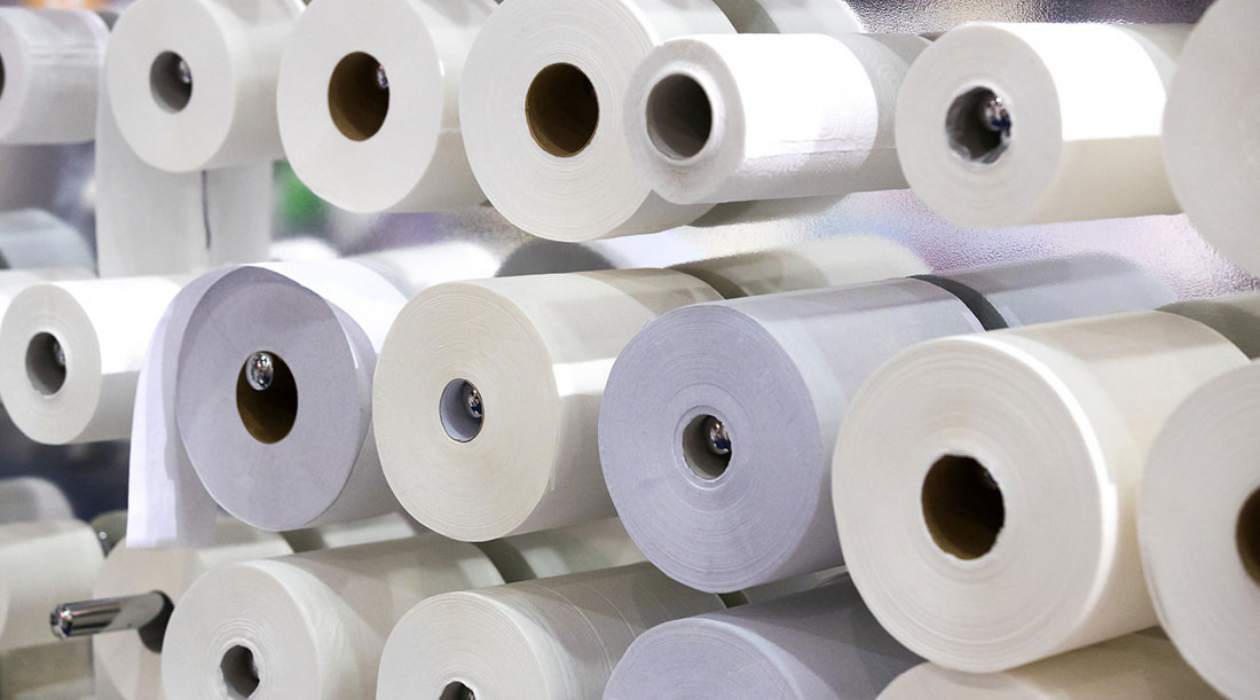
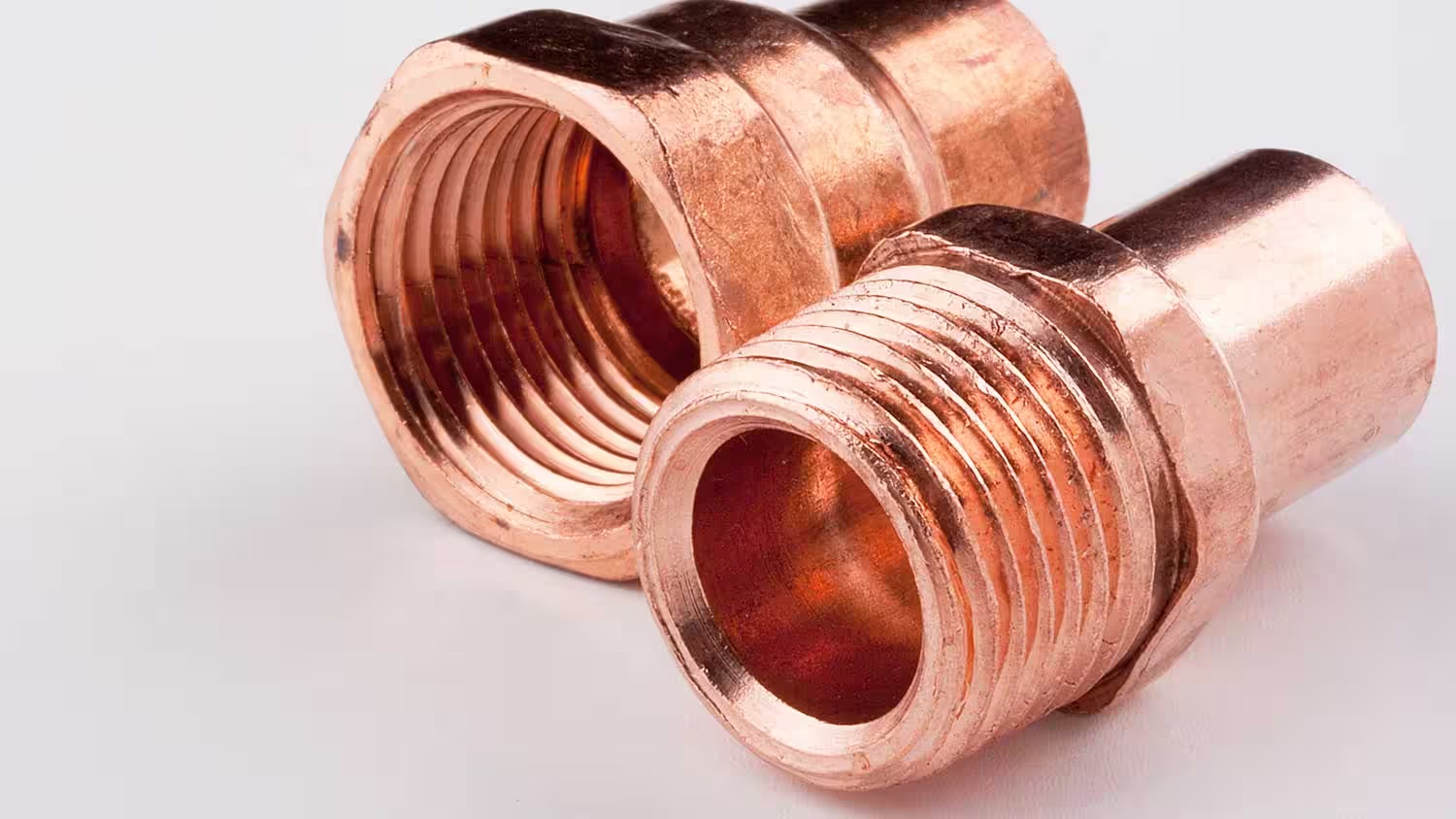
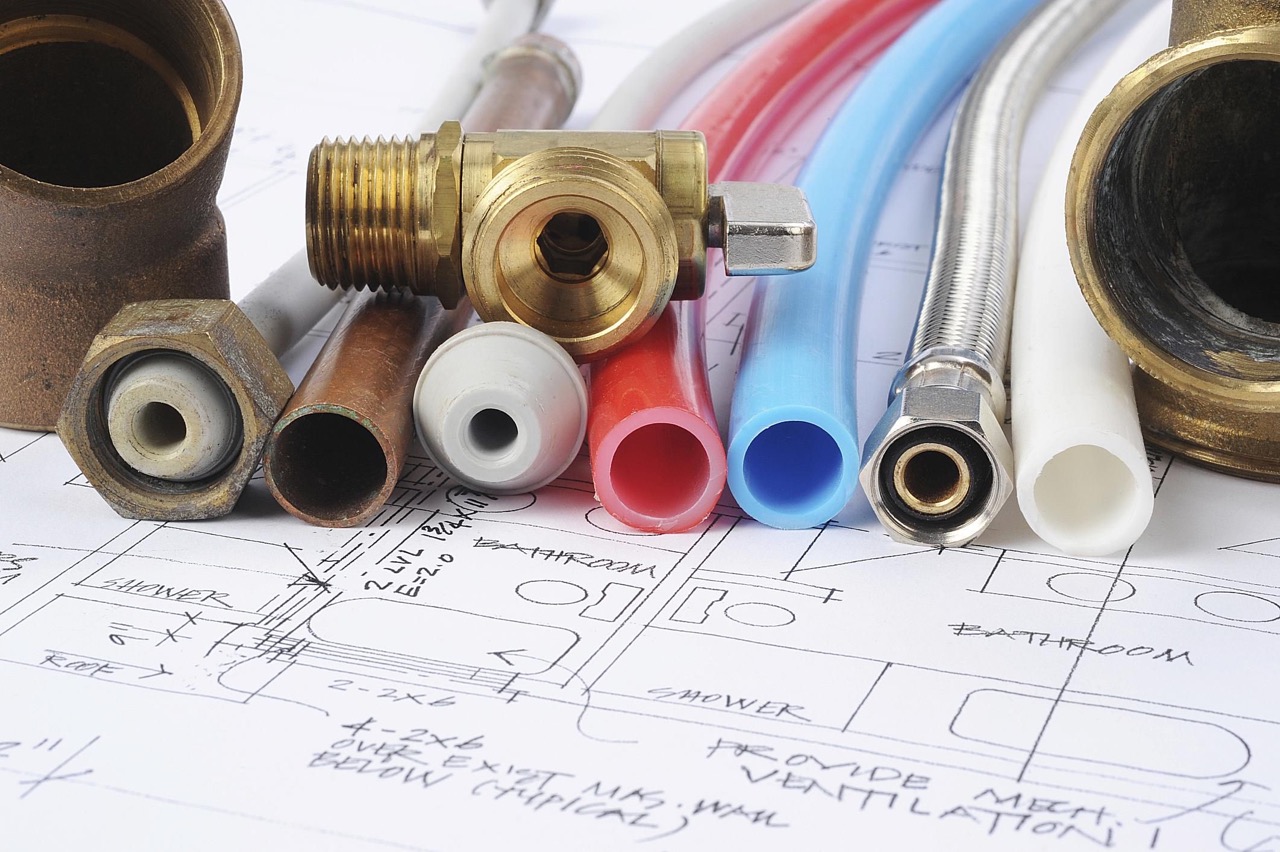
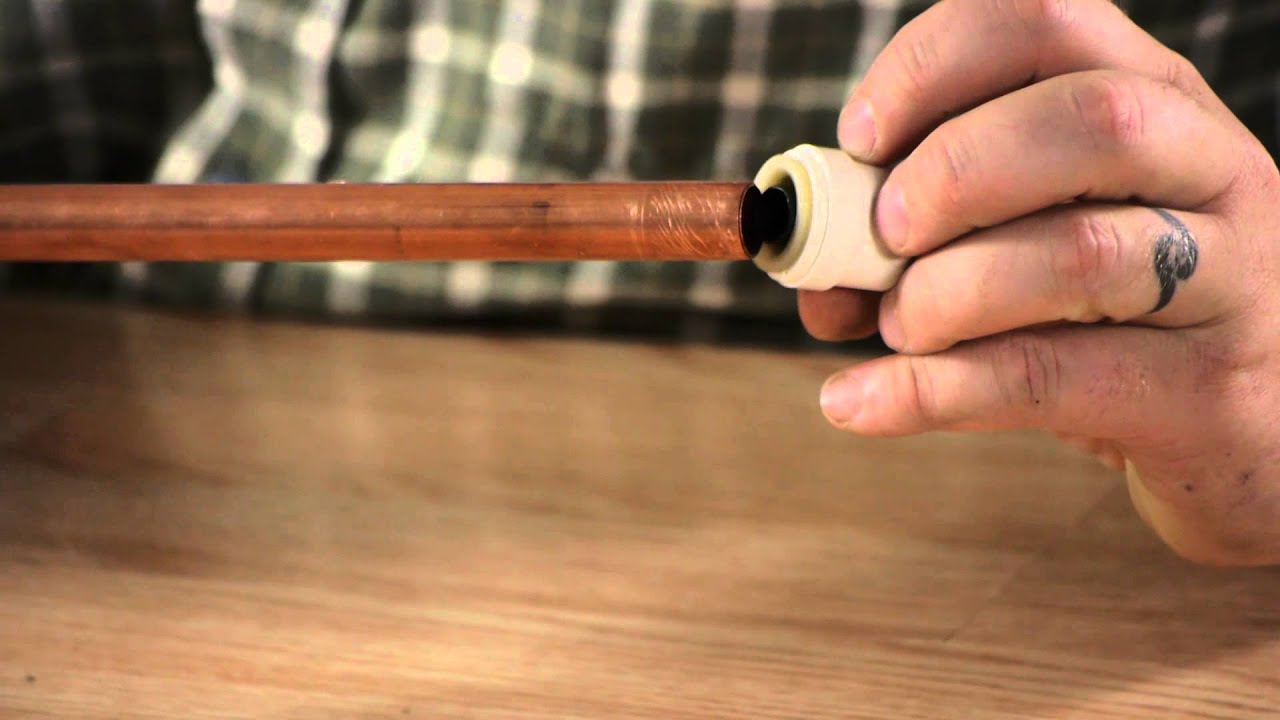
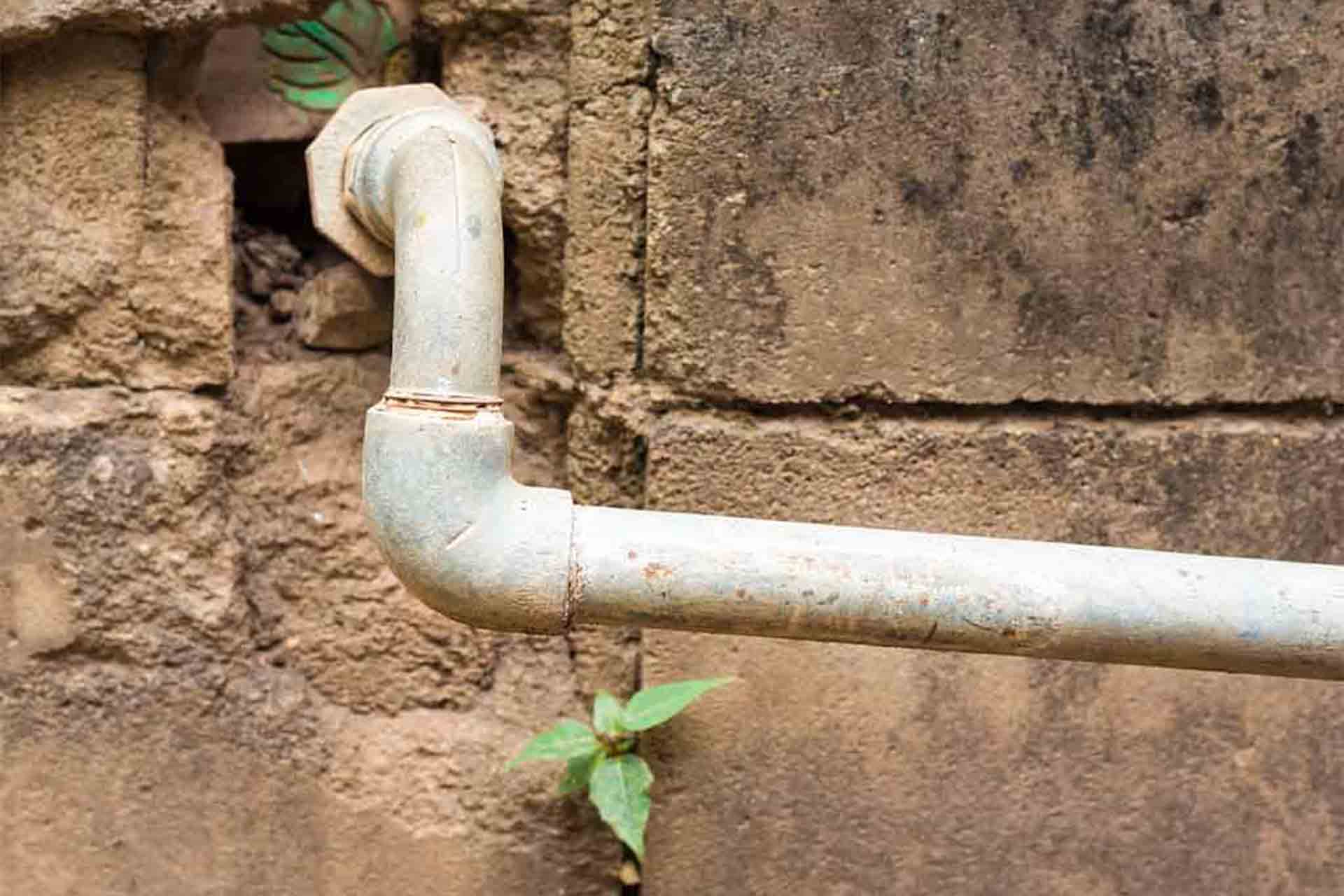
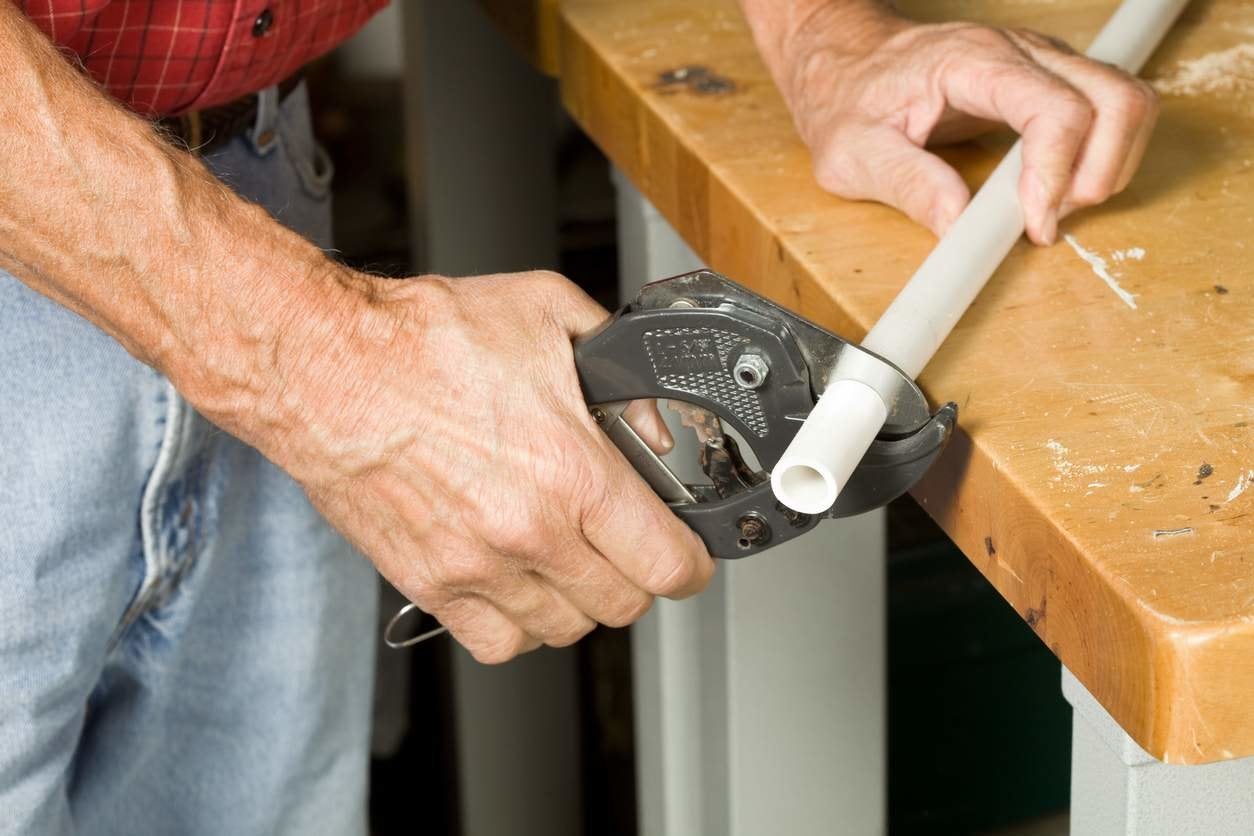
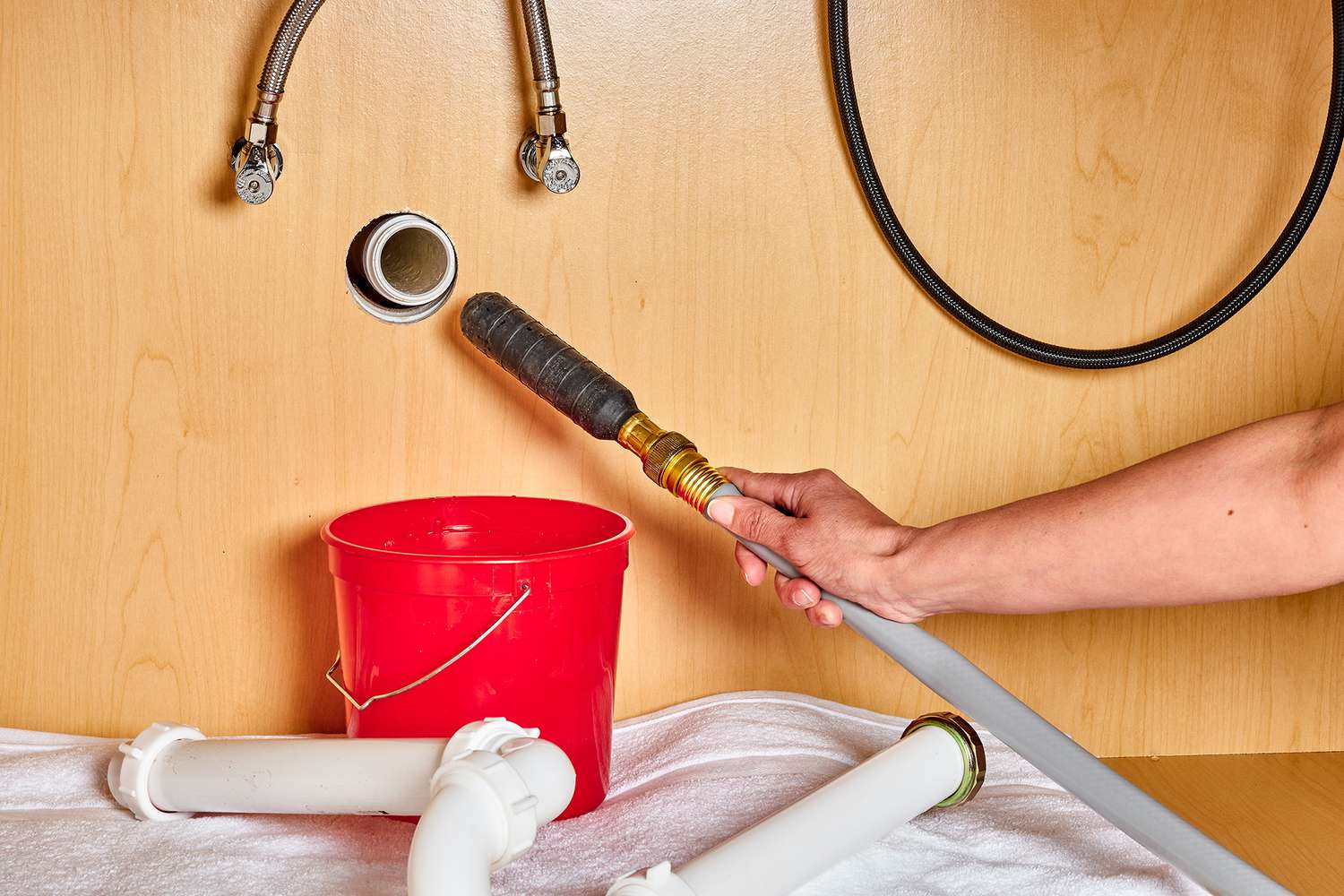
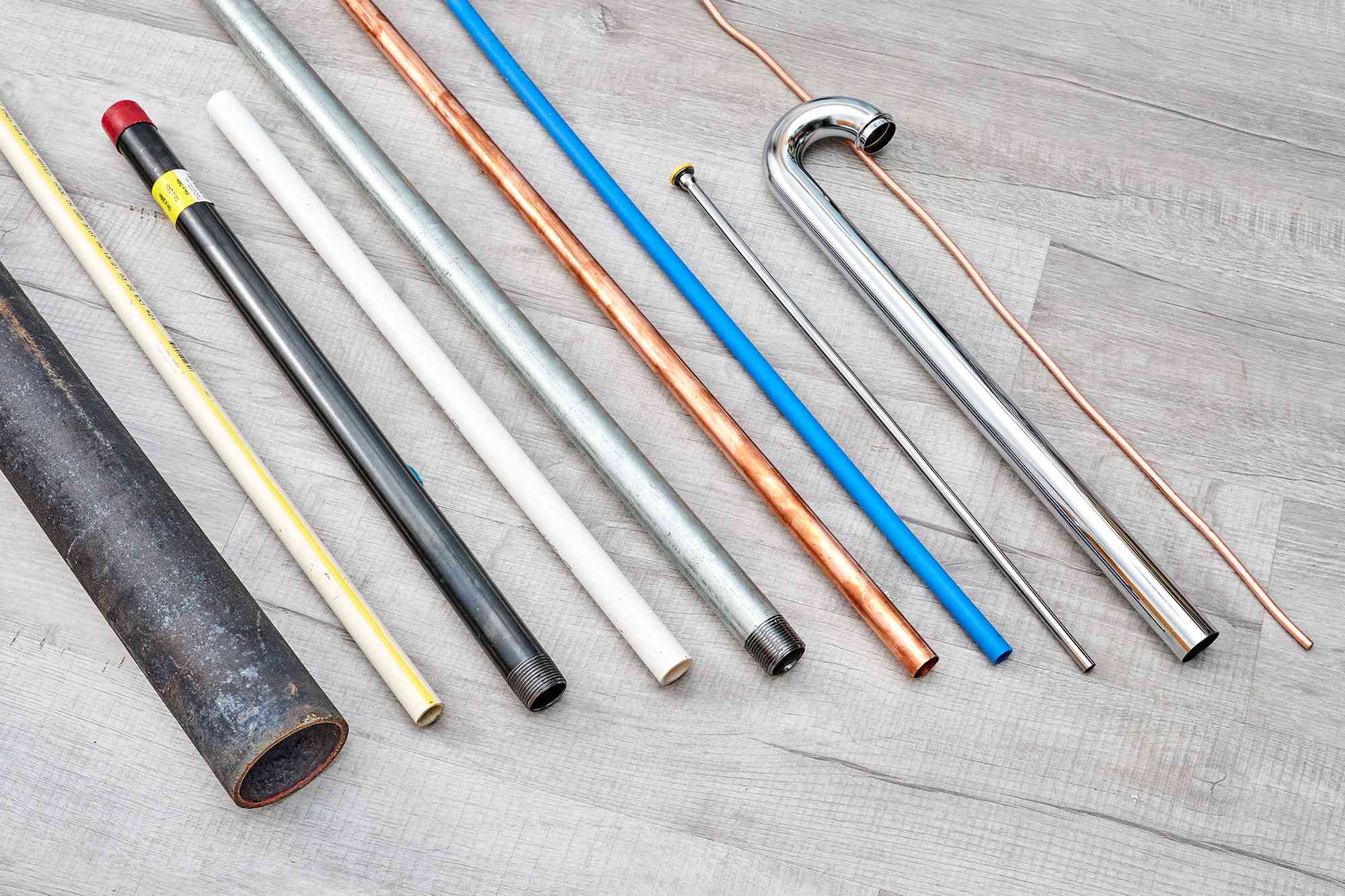
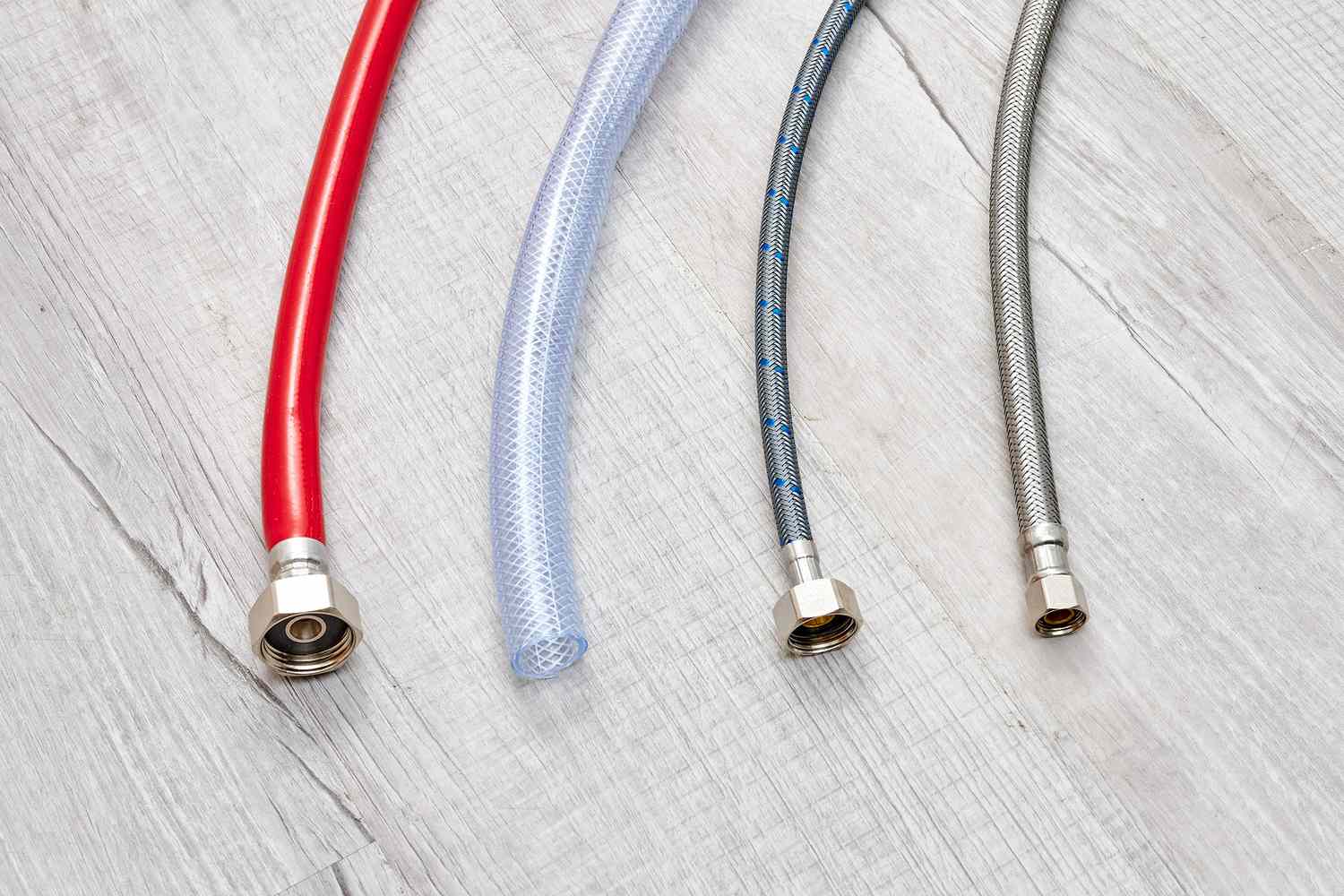
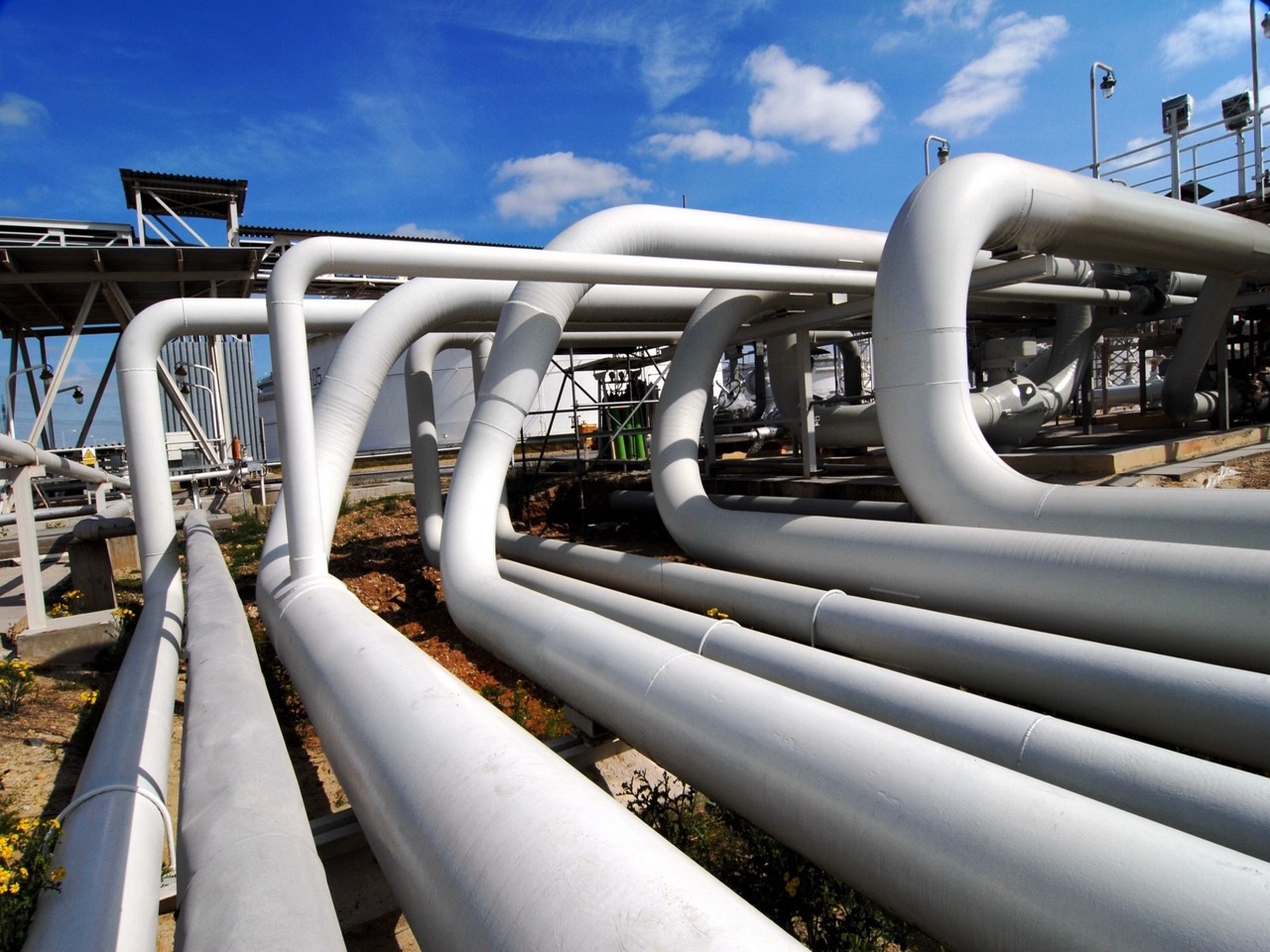
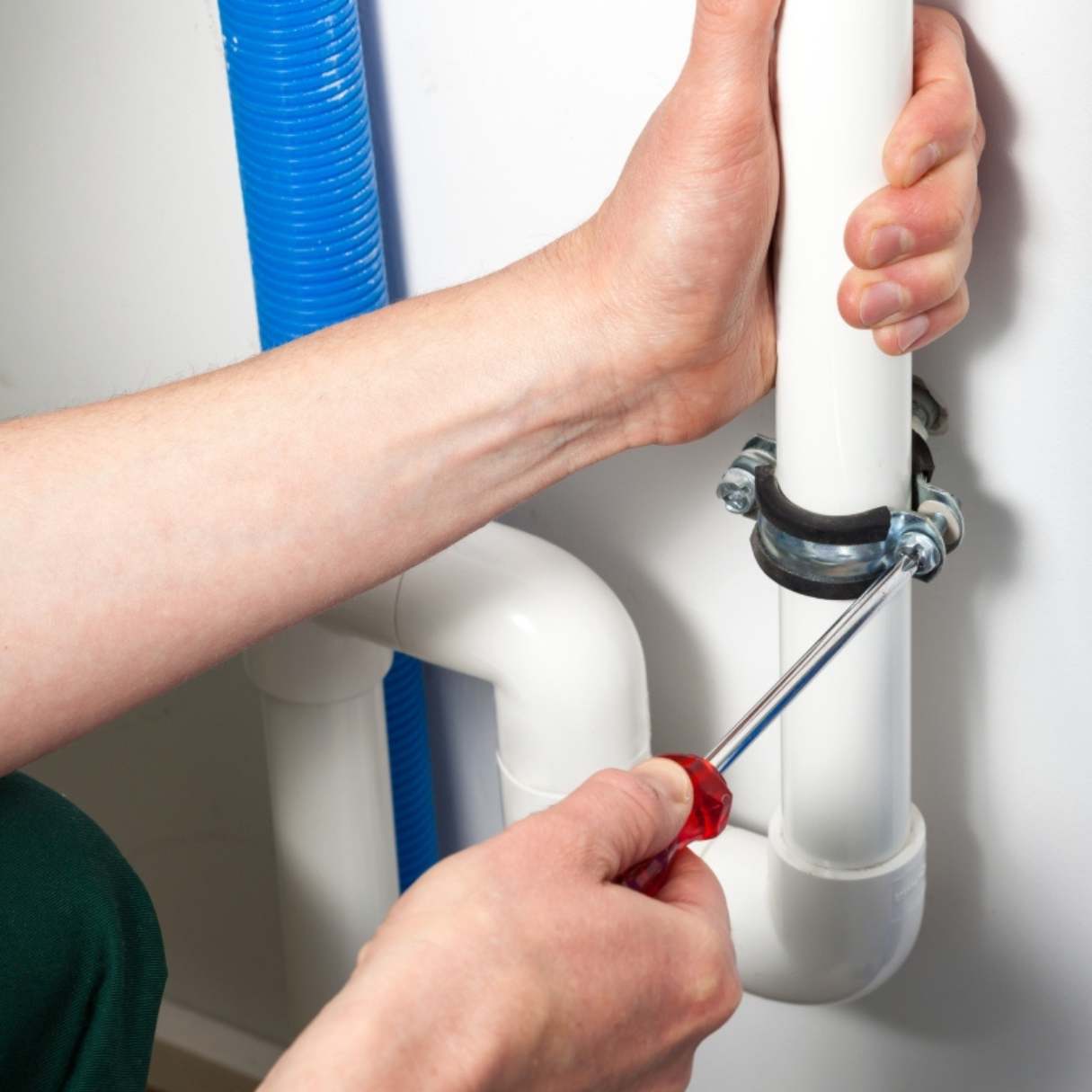

0 thoughts on “Which Plumbing Pipe Is The Best”